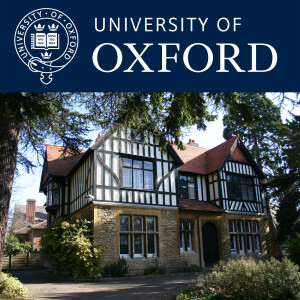
Situating the Study of Islam in Global Intellectual History: Toshihiko Izutsu's Middle-Earth
 2019-05-29
2019-05-29
Download
Right click and do "save link as"
Armando Salvatore (McGill University) gives a talk as part of the following conference: Neither Near Nor Far: Encounters and Exchanges between Japan and the Middle East. The lecture investigates the contribution to the study of Islam by a non-Muslim, yet non-Western and non-Eurocentric personality, the Japanese linguist and philosopher Toshihiko Izutsu (1914-1993). It traces Izutsu's original trajectory from his early practice of Zen Buddhism, through his discovery of the religious fervour of Greek philosophers, to his exploration of the spiritual and intellectual powerhouse represented by Islam as enacting a historical culmination of prophetic speech. It shows how this powerhouse represented for Izutsu a veritable Middle-Earth bridging Western (Abrahamic) and Eastern cultural and religious traditions and making obsolete the rigid geo-cultural divide on which their mutual radical divergence was premised.
The lecture reflects on how the work of Izutsu has become a game changer in a variety of locales thanks to his power to help breaking through an increasingly suffocating short-circuit: the obsessive face-to-face between Western and Islamic views, between Euro-American academia and the Middle East, leading to an inconclusive and circular game of irenic openings and deep-sited conflicts. This unique development underscores the possibility for a scholar of the calibre of Izutsu to redesign the global intellectual map of the study of Islam also by relying on obvious failures and fissures in the Western monopoly of knowledge on the Middle East. By doing so, he contributed to institute vital, direct, and mutually enlivening scholarly connections between Japan and the Middle East.
view more
More Episodes
012345678910111213141516171819
Create your
podcast in
minutes
- Full-featured podcast site
- Unlimited storage and bandwidth
- Comprehensive podcast stats
- Distribute to Apple Podcasts, Spotify, and more
- Make money with your podcast
It is Free
- Privacy Policy
- Cookie Policy
- Terms of Use
- Consent Preferences
- Copyright © 2015-2024 Podbean.com





